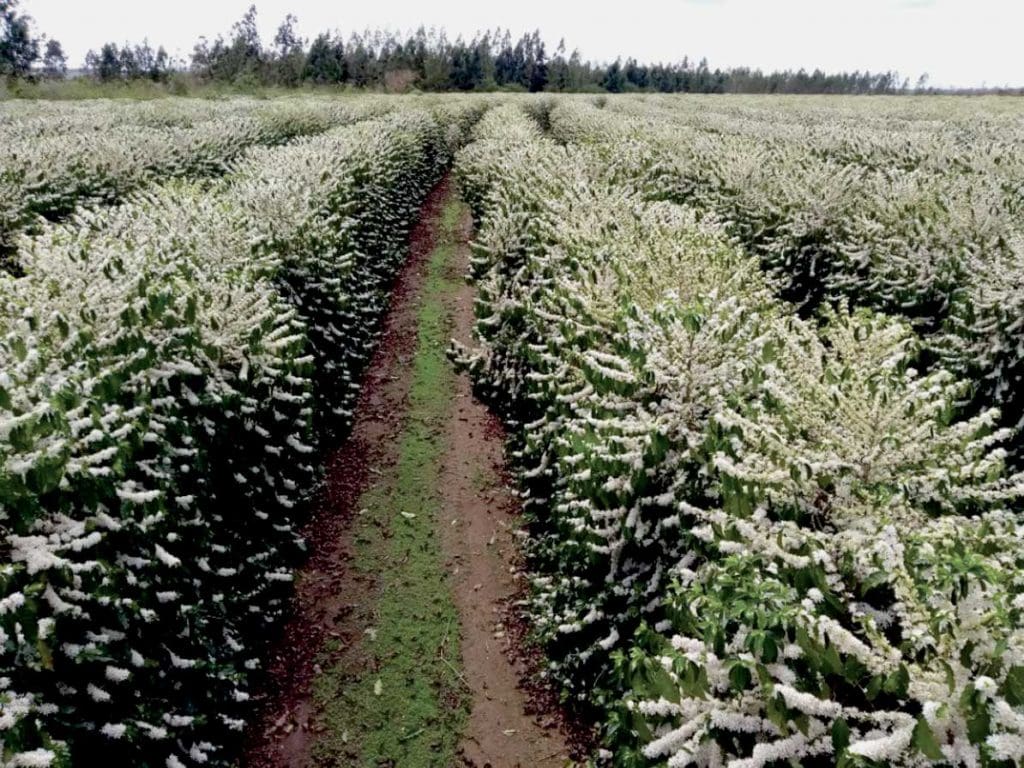Carlos was born in Lajedão, Bahia in 1962 as one of eleven children born to parents who worked in the rural countryside. He is a surveying engineer and worked for six years for the Land Institute of Bahia. During vacation in 1989, he visited Taiobeiras. His parents had left the town due to a drought and when Carlos had the opportunity to return, he knew that a farm was for sale and, being enthusiastic with his dream of becoming a farmer and encouraged by the low price, bought the farm. In 1991 he bought the farm and moved back to Taiobeiras, dedicating himself fully to the property.
Carlos graduated with a degree in rural administration from the Federal University of Lavras in 2002, specializing in coffee cultivation in conjunction with the University of Uberaba. He faced numerous difficulties in surviving low levels of rainfall, but he never gave up. In 1991 he planted beans and corn and over time added pumpkin, watermelon, papaya, and passion fuit. In 1998, due to scarcity of water for irrigating annual crops, he began planting coffee because of its greater resistance to drought and started with an experimental 16 hectares of coffee planted with papaya.
Over the years he expanded the area of coffee production and today has 150 hectares of specialty Arabica coffee in production. Carlos affected this transformation gradually, replacing annual crops with perennial coffee trees. Now he grows coffee on every irrigated part of the farm and also grows 250 hectares of eucalyptus trees. In 2002 Tabatinga became the first forest reserve legally registered in the municipality.
Tabatinga participates in the Certifica Minas Cafe program, a public-private partnership between the state of Minas Gerais and regional agricultural and agronomic support businesses and agencies. The program audits farms for administrative quality, food safety, best agricultural practices and environmental protection, employee hygiene and safety, social responsibility, and economic sustainability. Participating farms receive the Certifica Minas certificate of compliance and in turn contribute their farms’ data—prospective yields, number of seasonal workers—to help the technical assistance organizations gauge what the region’s farmers need. The farm produces Catuai, Catucai, Rubi, Obatã varieties of Arabica.






